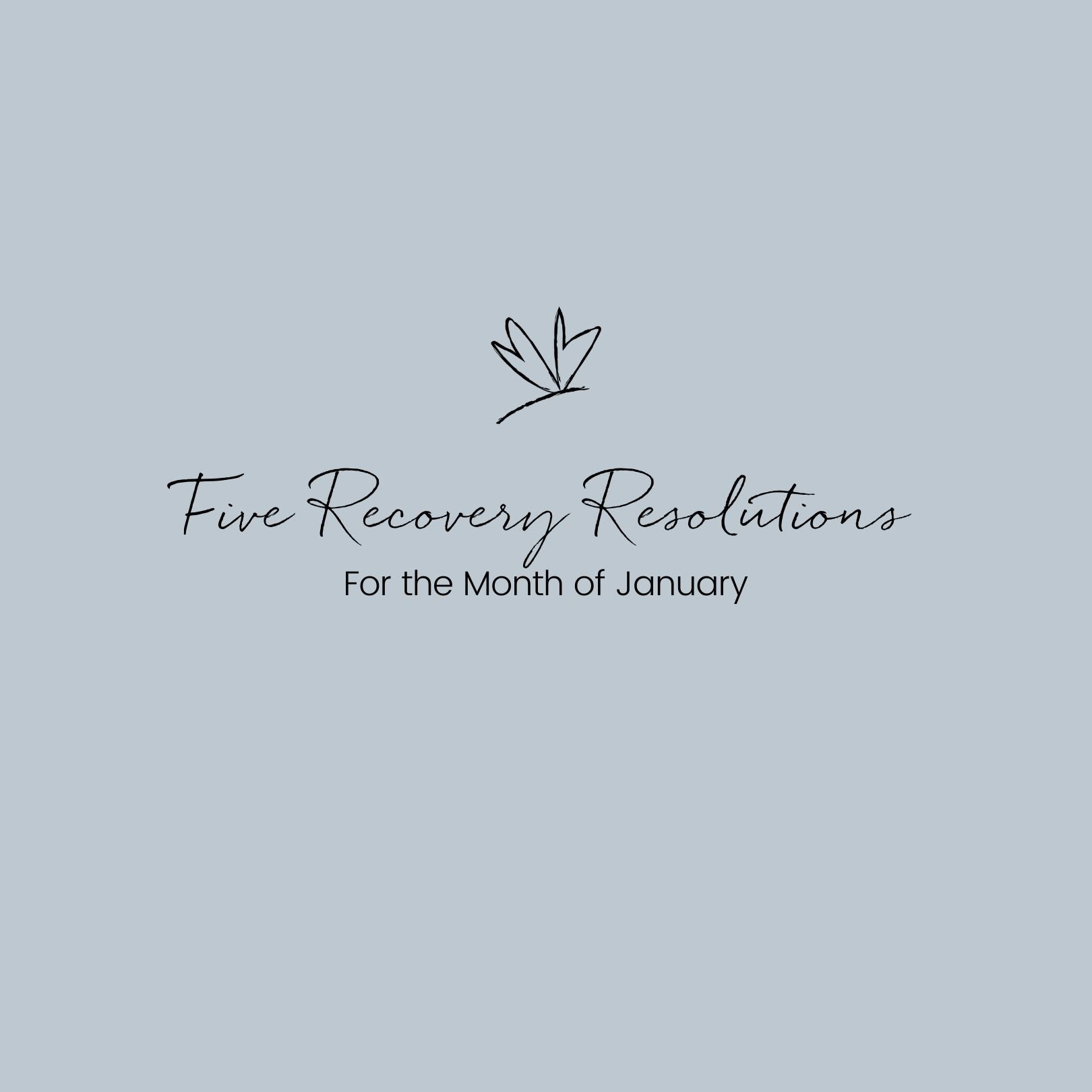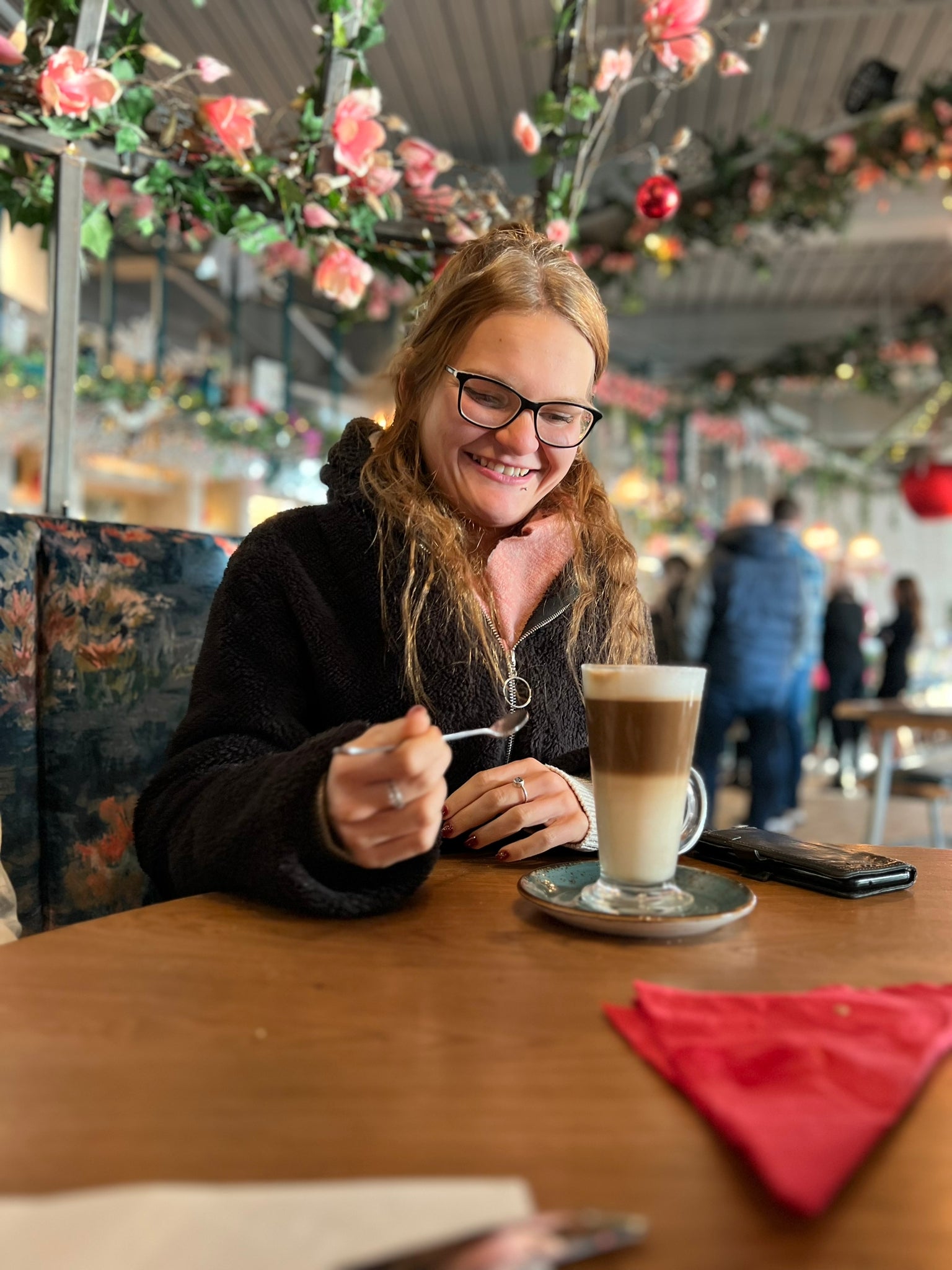Dear Santa….All I Want for Christmas is ‘Festive Freedom’
You might not spend it with everyone you’d like to, and you might not have the festive party, the workplace Secret Santa or the usual family row when the second cousins combine with distant Auntie and Godfather twice removed.
But for all the ‘weirdness’ that will surround Christmas 2020, it doesn’t stop you embracing the season and making sure you use it to push ahead with your bid for freedom from the eating disorder.
Easier said than done?
Well, certainly it can be a difficult time.
After all, it’s a period involving plenty of food, clashing personalities, and altered routines.
The trick though, is to prepare for such potential triggers, while at the same time seeing the ‘bigger picture’ around why you would want to live a life beyond and without your illness.
One of the most dangerous aspects of a celebratory period like Christmas is that we can give ourselves the excuse that it’s ‘too difficult’ to face up to our demons at this time, or that we ‘feel more pressured’.
Instead, arguably we should be staring in the face of that which scares us, and reminding ourselves that the festive stage is indeed a very perfect one to confront and challenge everything which keeps us stuck throughout the rest of the year.
Sophie finally reached this realisation this time last year, after 8 years of battling with a restrictive eating disorder.
Her reflections, covered in a recent befriending session, are a perfect demonstration of how we can turn festive fear into Christmas kickstart.
She says:
“As it got to October last year, I started feeling the spectre of Christmas on the horizon again, and I was already thinking about restricting my intake, exercising more and planning for avoiding the kinds of festive events that my colleagues and friends wanted to organise.
“I spent about two weeks in a constant mental fluster, wondering how I’d make an excuse here, avoid food there, get an extra walk in on that day, or fake illness to avoid family on another.
“I was so tired one day I lay on the sofa watching one of my favourite Christmas movies – The Holiday – and as I watched the ‘happy ever after’ play out at the end (having seen it umpteen times before), something just went off like a lightbulb in my head.
“I knew that the reason I was remaining the one with very little joy in my life, with no dancing around the living room or being in a romantic relationship, was because every year I was putting my illness first and making myself exist in the confines of a prison-like world.
“That day, I wrote myself a shopping list of Christmas food, made at least one social food plan for each week between then and December 25th, and slowly immersed myself back into a world of how I remembered life had looked before anorexia.
“I’m not going to say it was easy, but once I’d let go, and remained committed to my personal promise, I could see that I was becoming more sociable, more excited about life, more energetic, more fun to be around, and more aware that the eating disorder had no place in my world.
“By Christmas Day itself I wouldn’t say I was fixed, but I was able to sit down at a family Christmas meal and enjoy the occasion – perhaps with the odd internal wobble – and to realise how much better things were starting to look for me.
“I knew after a few weeks of seeing another me, and appreciating the spontaneous joy of sitting on the carpet eating slices of chocolate orange and chunks of Christmas cake marzipan with my niece, that I never wanted to go back to a world of such miserable isolation.
“This Christmas it won’t be ‘normal’ for various other reasons, but this year, I’m dating, I’m happy, I’m in a healthier body of God-knows-what weight, and there’s no way on this earth I’m ever giving up this life for the one I had.”
Is it time you took a leaf out of Sophie’s book?
Here’s a few tips for getting closer to freedom this Christmas:
- Think it forward. What do you want your life to look like in a year or five years’ time? Is it more important to you to be happy, or to have extreme control over your body and regime?
- Share your intention. If you plan to start making the change in your mindset and activity, trust in someone really important to you, and let them help you. Accountability plays a big part in recovery.
- One step forward, two steps back…is still a step forward. Of course you’ll have a tantrum or two, feel the desire to restrict or make bad choices, but so long as you get right back up again, and stay committed to the recovery pathway, it’s STILL progress.
- Take the rose tinted specs off. Sometimes we convince ourselves that we’re ‘getting something’ from remaining ill. Be honest with yourself. What is that? Are you getting more attention? Are you really happier in these smaller clothes? Be brutally honest with yourself about where you’re at and ask yourself how these feelings could be replaced for real and lasting positives, by being recovered.
- Challenge, repeat. Every day in every way, continue to challenge your thoughts and feelings about your eating disorder. Try a new meal, a different time of eating, less exercise, or the denial of body checking. Keep going. Change happens when you change consistently and persistently.
- Nov 2020





